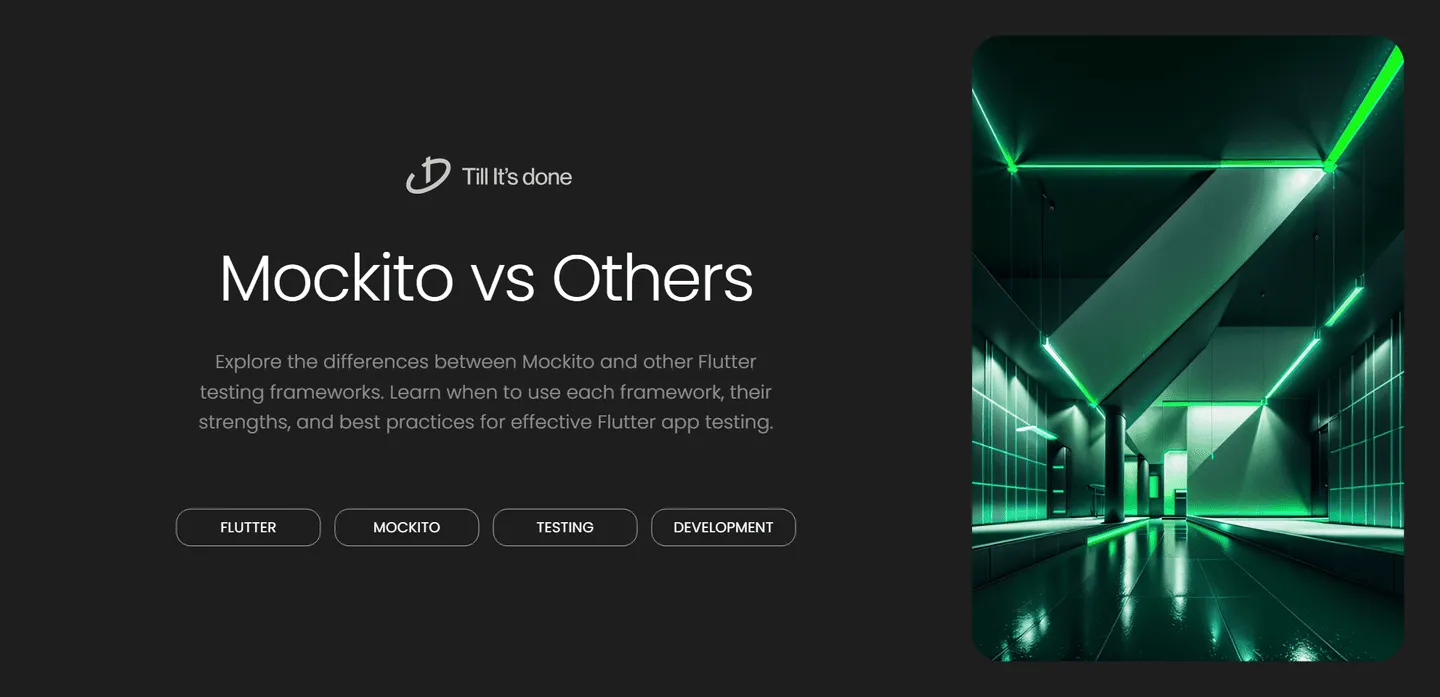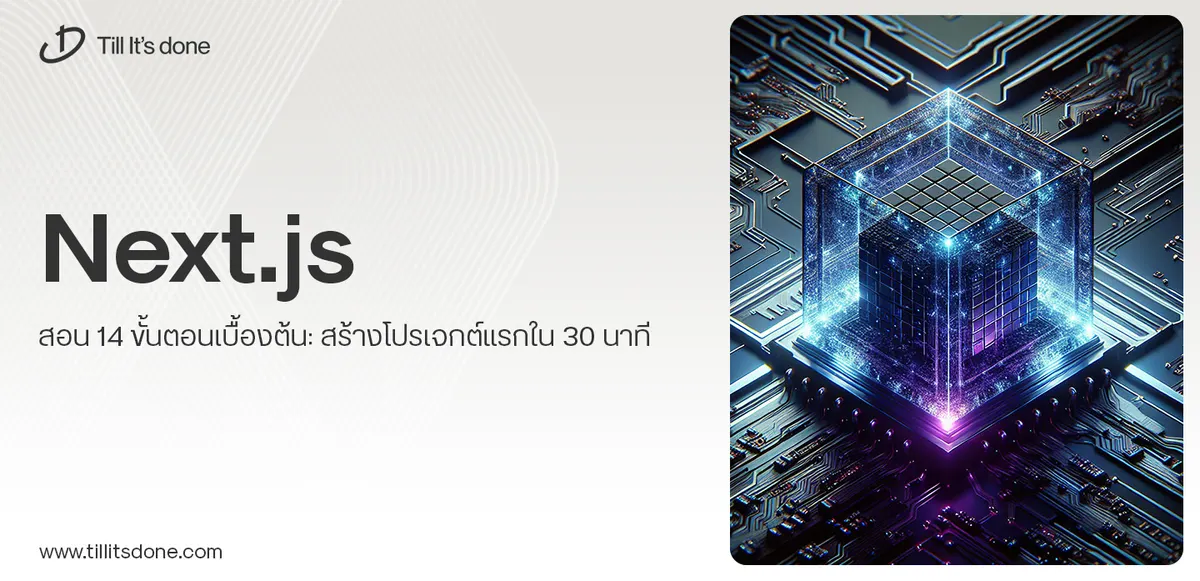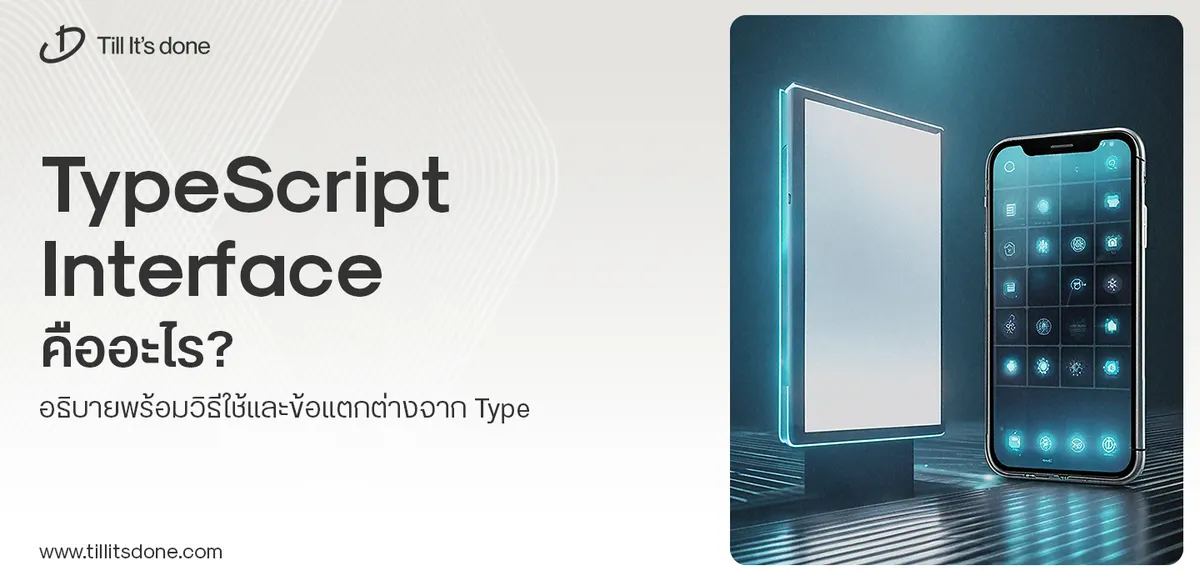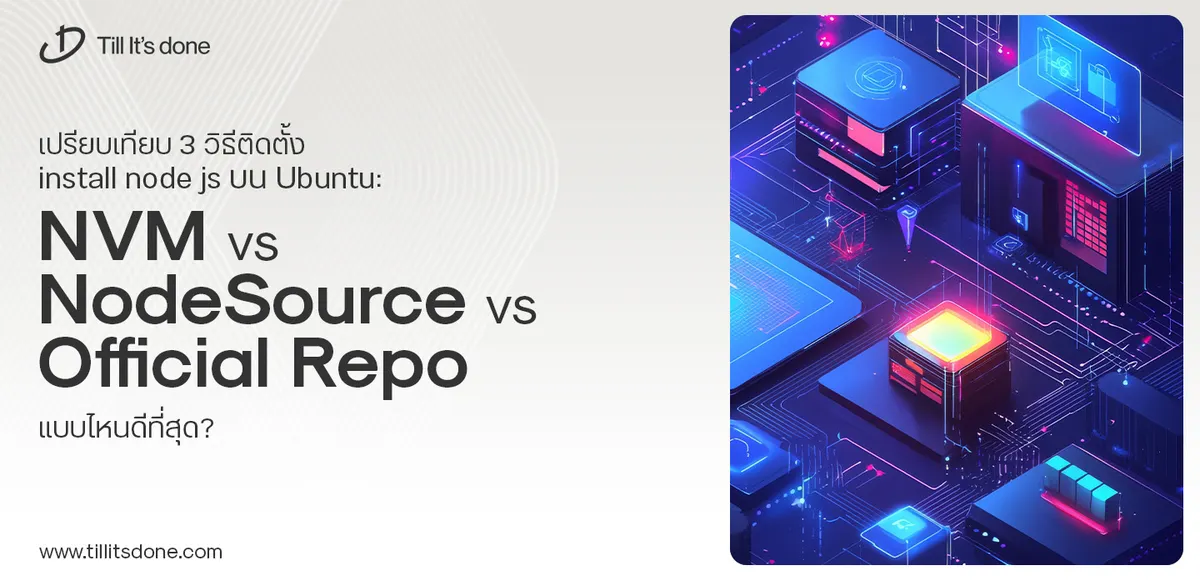- Services
- Case Studies
- Technologies
- NextJs development
- Flutter development
- NodeJs development
- ReactJs development
- About
- Contact
- Tools
- Blogs
- FAQ
Flutter Testing: Mockito vs Other Frameworks
Learn when to use each framework, their strengths, and best practices for effective Flutter app testing.

Comparing Mockito and Other Flutter Testing Frameworks: A Comprehensive Guide

Testing is a crucial aspect of Flutter app development, and choosing the right testing framework can significantly impact your development workflow. Today, let’s dive deep into how Mockito compares with other popular testing frameworks in the Flutter ecosystem.
Understanding Mockito’s Strengths
Mockito has become the go-to choice for many Flutter developers, and for good reasons. Its intuitive syntax and powerful mocking capabilities make it an excellent tool for unit testing. When you’re testing a repository that depends on an API client, Mockito shines by allowing you to simulate API responses without making actual network calls.
Here’s what makes Mockito stand out:
- Straightforward syntax that feels natural to Dart developers
- Powerful verification capabilities to ensure methods are called correctly
- Flexible argument matching for more precise test scenarios
- Great integration with Flutter’s testing ecosystem
Popular Alternatives to Mockito
Build_Runner and Mockito
While technically part of the Mockito ecosystem, build_runner with Mockito annotations deserves its own mention. This combination provides code generation capabilities that can save you hours of manual mock writing.

Fake Async
When dealing with asynchronous operations, FakeAsync provides a way to test time-dependent code without actually waiting for time to pass. While not a direct competitor to Mockito, it’s often used alongside it for comprehensive testing strategies.
Mocktail
Mocktail has been gaining popularity as a “null-safety-first” alternative to Mockito. It provides similar functionality but with some key differences:
- No code generation required
- Native null-safety support
- Slightly different syntax that some find more intuitive
When to Choose Each Framework
The choice between these frameworks often depends on your specific needs:
-
Choose Mockito when:
- You need extensive mocking capabilities
- You’re working on a large project with complex dependencies
- You want the most mature and widely-used solution
-
Consider Mocktail when:
- You want to avoid code generation
- You’re starting a new project with null safety
- You prefer a more modern API design

Best Practices and Common Pitfalls
When working with any testing framework, there are some general guidelines to follow:
- Keep your mocks simple and focused
- Don’t mock what you don’t own
- Use verification wisely
- Remember that not everything needs to be mocked
Looking to the Future
As Flutter continues to evolve, testing frameworks are adapting to new challenges and requirements. While Mockito remains a solid choice, keeping an eye on alternatives like Mocktail can help you make informed decisions for your projects.

Remember, the best framework is the one that fits your team’s needs and helps you write reliable, maintainable tests. Whether you choose Mockito or another alternative, consistency and good testing practices are key to successful Flutter development.
 สร้างเว็บไซต์ 1 เว็บ ต้องใช้งบเท่าไหร่? เจาะลึกทุกองค์ประกอบ website development cost อยากสร้างเว็บไซต์แต่ไม่มั่นใจในเรื่องของงบประมาณ อ่านสรุปเจาะลึกตั้งแต่ดีไซน์, ฟังก์ชัน และการดูแล พร้อมตัวอย่างงบจริงจาก Till it’s done ที่แผนชัด งบไม่บานปลายแน่นอน
สร้างเว็บไซต์ 1 เว็บ ต้องใช้งบเท่าไหร่? เจาะลึกทุกองค์ประกอบ website development cost อยากสร้างเว็บไซต์แต่ไม่มั่นใจในเรื่องของงบประมาณ อ่านสรุปเจาะลึกตั้งแต่ดีไซน์, ฟังก์ชัน และการดูแล พร้อมตัวอย่างงบจริงจาก Till it’s done ที่แผนชัด งบไม่บานปลายแน่นอน  Next.js สอน 14 ขั้นตอนเบื้องต้น: สร้างโปรเจกต์แรกใน 30 นาที เริ่มต้นกับ Next.js ใน 14 ขั้นตอนเพียงแค่ 30 นาที พร้อม SSR/SSG และ API Routes ด้วยตัวอย่างโค้ดง่าย ๆ อ่านต่อเพื่อสร้างโปรเจ็กต์แรกได้ทันทีที่นี่
Next.js สอน 14 ขั้นตอนเบื้องต้น: สร้างโปรเจกต์แรกใน 30 นาที เริ่มต้นกับ Next.js ใน 14 ขั้นตอนเพียงแค่ 30 นาที พร้อม SSR/SSG และ API Routes ด้วยตัวอย่างโค้ดง่าย ๆ อ่านต่อเพื่อสร้างโปรเจ็กต์แรกได้ทันทีที่นี่  วิธีสมัคร Apple Developer Account เพื่อนำแอปขึ้น App Store ทีละขั้นตอน อยากปล่อยแอปบน App Store ระดับโลก มาอ่านคู่มือสมัคร Apple Developer Account พร้อมเคล็ดลับ TestFlight และวิธีอัปโหลดที่ง่ายในบทความเดียวนี้ได้เลย
วิธีสมัคร Apple Developer Account เพื่อนำแอปขึ้น App Store ทีละขั้นตอน อยากปล่อยแอปบน App Store ระดับโลก มาอ่านคู่มือสมัคร Apple Developer Account พร้อมเคล็ดลับ TestFlight และวิธีอัปโหลดที่ง่ายในบทความเดียวนี้ได้เลย  TypeScript Interface คืออะไร? อธิบายพร้อมวิธีใช้และข้อแตกต่างจาก Type เรียนรู้วิธีใช้ TypeScript Interface เพื่อสร้างโครงสร้างข้อมูลที่ปลอดภัยและเข้าใจง่าย พร้อมเปรียบเทียบข้อดีข้อแตกต่างกับ Type ที่คุณต้องรู้ ถูกรวมเอาไว้ในบทความนี้แล้ว
TypeScript Interface คืออะไร? อธิบายพร้อมวิธีใช้และข้อแตกต่างจาก Type เรียนรู้วิธีใช้ TypeScript Interface เพื่อสร้างโครงสร้างข้อมูลที่ปลอดภัยและเข้าใจง่าย พร้อมเปรียบเทียบข้อดีข้อแตกต่างกับ Type ที่คุณต้องรู้ ถูกรวมเอาไว้ในบทความนี้แล้ว  Material-UI (MUI) คืออะไร อยากสร้าง UI สวยงามและเป็นมืออาชีพในเวลาอันรวดเร็วใช่ไหม มาทำความรู้จักกับ Material-UI (MUI) ที่ช่วยให้คุณพัฒนาแอปพลิเคชันบน React ได้ง่ายและดูดีในทุกอุปกรณ์
Material-UI (MUI) คืออะไร อยากสร้าง UI สวยงามและเป็นมืออาชีพในเวลาอันรวดเร็วใช่ไหม มาทำความรู้จักกับ Material-UI (MUI) ที่ช่วยให้คุณพัฒนาแอปพลิเคชันบน React ได้ง่ายและดูดีในทุกอุปกรณ์  เปรียบเทียบ 3 วิธีติดตั้ง install node js บน Ubuntu: NVM vs NodeSource vs Official Repo แบบไหนดีที่สุด? เรียนรู้วิธีติดตั้ง Node.js บน Ubuntu ด้วย NVM, NodeSource หรือ Official Repo เลือกวิธีที่เหมาะกับความต้องการของคุณ พร้อมเปรียบเทียบ เพื่อการพัฒนาที่มีประสิทธิภาพ!
เปรียบเทียบ 3 วิธีติดตั้ง install node js บน Ubuntu: NVM vs NodeSource vs Official Repo แบบไหนดีที่สุด? เรียนรู้วิธีติดตั้ง Node.js บน Ubuntu ด้วย NVM, NodeSource หรือ Official Repo เลือกวิธีที่เหมาะกับความต้องการของคุณ พร้อมเปรียบเทียบ เพื่อการพัฒนาที่มีประสิทธิภาพ! Talk with CEO
We'll be right here with you every step of the way.
We'll be here, prepared to commence this promising collaboration.
Whether you're curious about features, warranties, or shopping policies, we provide comprehensive answers to assist you.


